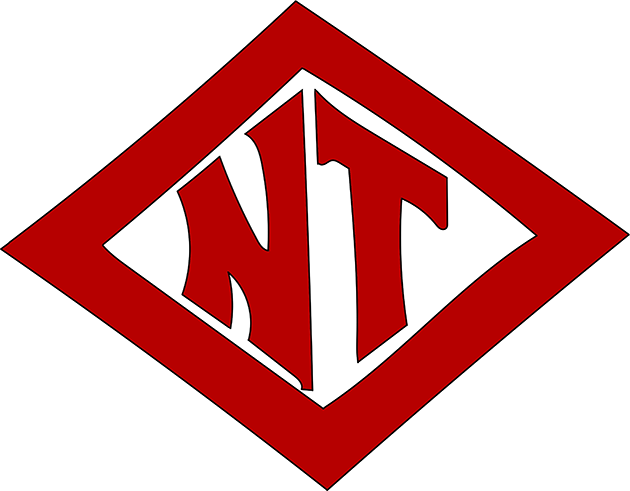Carney, James (1800-1881).jpg
Dublin Core
Title
Carney, James (1800-1881).jpg
Description
From History of Niagara County 1821-1878 (1878):
James Carney was a pioneer in the town as early as 1819, locating with his father, Edward Carney, who was one of the earliest settlers in Avon, Livingston county, in 1791 on Tonawanda Island (for many years and now more frequently designated Carney Island). His object in settling was to gain a pre-emption right if the boundary line, when settled, left the island in the territory of the United States. In 1824 the State of New York caused a survey to be made, ordering an assessed valuation of $4.50 per acre. During the following year the island was ordered to be sold at public auction in the city of Albany, requiring one-eighth of the purchase money to be paid down. James Carney, furnishing the required amount, placed it in the hands of Judge Samuel Wilkinson to purchase at the sale, but speculation had been stimulated by the purchase that had been made on Grand Island, opposite, by the Jews, to found the " City of Ararat " and concentrate the scattered tribes of Israel; and Samuel Leggate, of the city of New York, became the purchaser at $23 per acre. Mr. Carney set out in the effort to attain, by buying and clearing land, the position of affluence he now enjoys at an age of seventy-eight years. At seventeen he was an ox-teamster in the employ of Porter, Barton & Co., slowly plodding through the woods from Lewiston to Schlosser. He was a subject of pioneer life, doing milling, floating a canoe down the river for a harbor in Porter's mill race at the Falls; returning by applying his shoulder to a setting pole in the way he had learned in propelling scow-boats from Schlosser to Black Rock, often loaded with three hundred and fifty barrels of salt.
His headstone in Sweeney Cemetery says he is "Born on the west bank of the Niagara River March 28, 1800" and dies August 8, 1881; two wives listed.
Date
1800
Collection
Citation
“Carney, James (1800-1881).jpg,” North Tonawanda History, accessed January 29, 2026, https://nthistory.com/items/show/1070.

